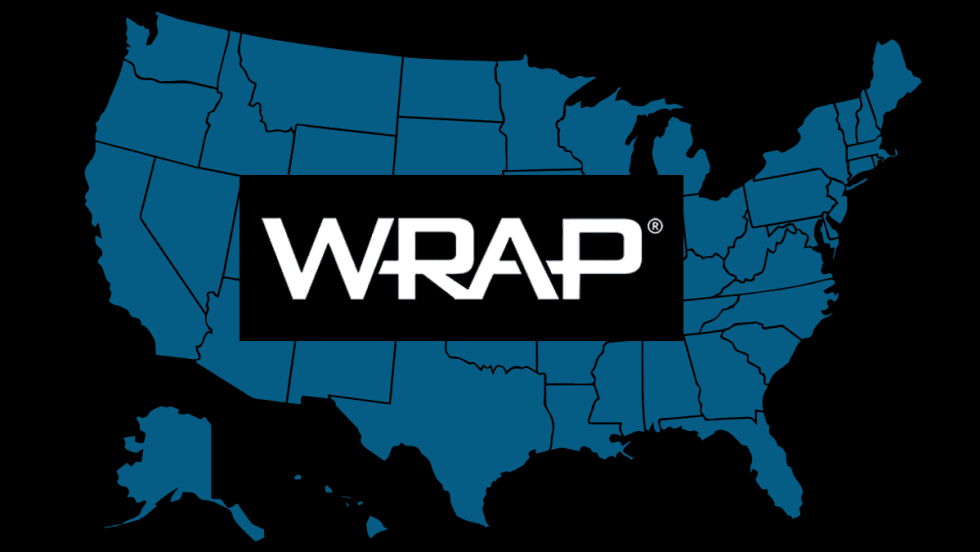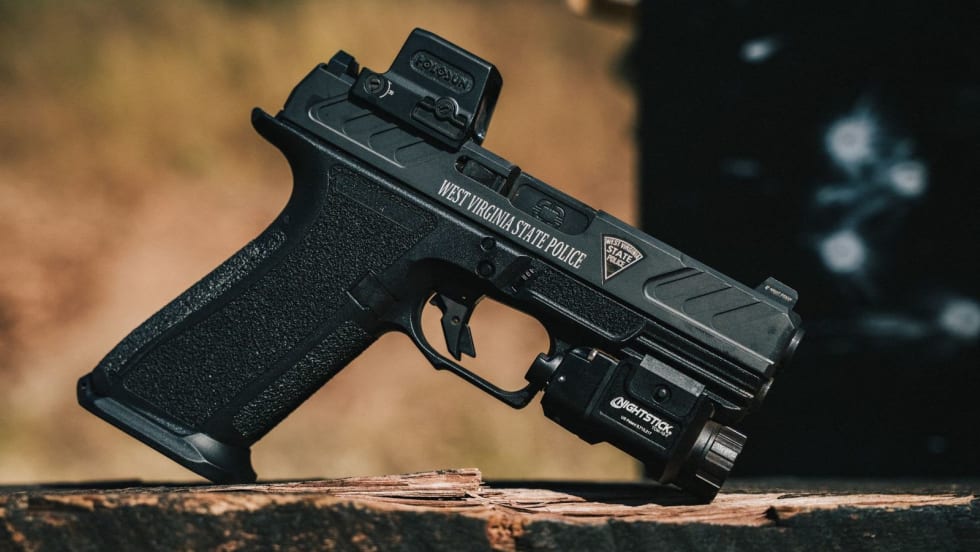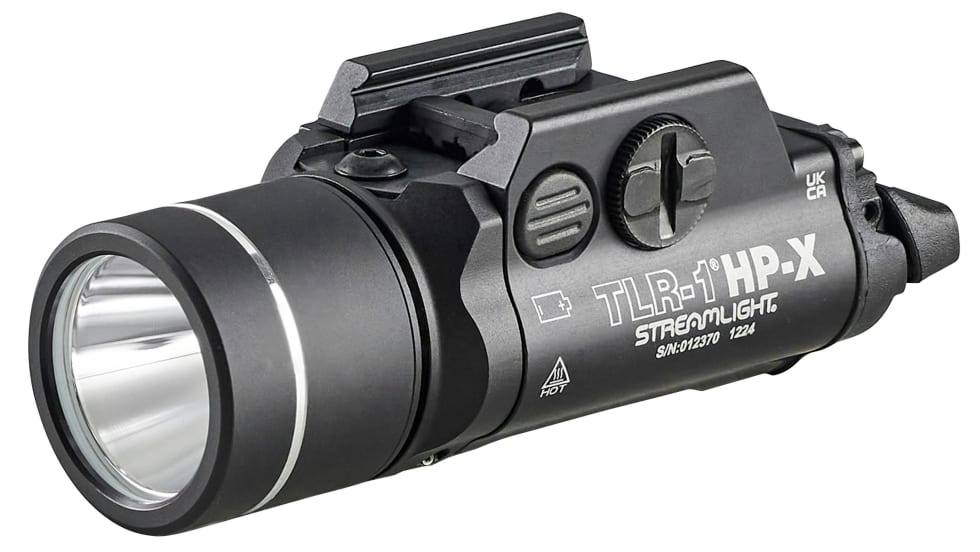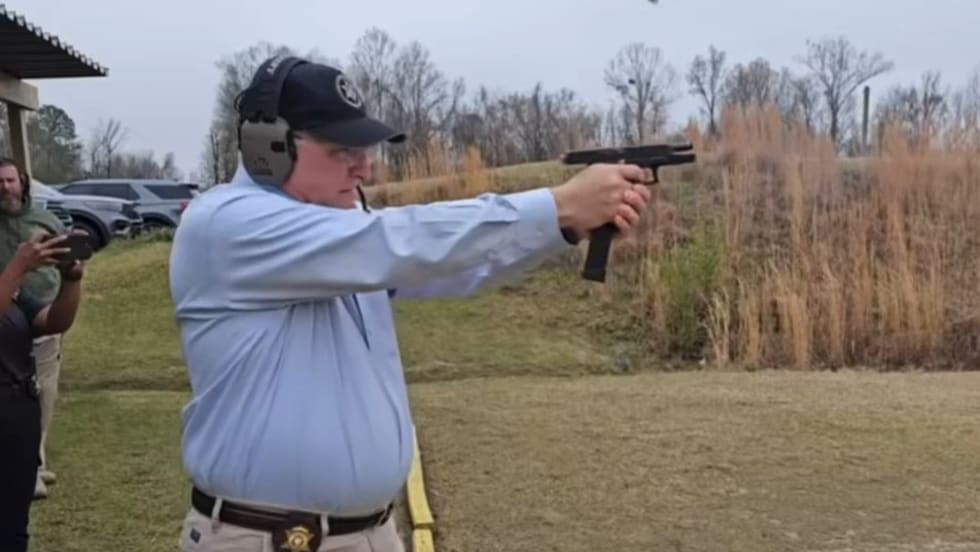Nine law enforcement groups, including the International Association of Chiefs of Police, have allied with the Brady Center to Prevent Gun Violence in filing a "friend of the court" brief urging the Supreme Court to reverse a federal appeals court ruling that strikes down a District of Columbia gun law as a violation of the Second Amendment.
"We urge the Supreme Court to listen to the voice of those who put their lives on the line every day to protect communities from gun violence," says Brady Center President Paul Helmke. "The law enforcement community has argued clearly and forcefully for allowing the life-and-death issues raised by gun violence to be decided by the elected representatives of the people, without the interference of courts anxious to distort the Second Amendment's meaning."
The brief, filed in District of Columbia v. Heller, argues that the lower court ruling, if affirmed, would grant courts "unprecedented authority" to nullify the decisions of elected officials to adopt gun control measures.
The nine law enforcement groups that signed onto the brief include the IACP, the Major Cities Chiefs, the International Brotherhood of Police Officers, the National Organization of Black Law Enforcement Executives, the Hispanic American Police Command Officers Association, the National Latino Peace Officers Association, the National Black Police Association, the School Safety Advocacy Council, and the Police Executive Research Forum.
A statement from the Brady Center says that the brief argues that local gun control laws have been used to reduce the danger of gun violence "demonstrable public safety benefits." The brief cites specifically the "success" of Brady Law background checks "which have prevented more than 1.4 million felons and other legally prohibited buyers from purchasing guns, contributing to a sharp national drop in gun crimes." According to the brief, "this court should not grant courts the unprecedented power to second-guess legislative decisions on the control of deadly weaponry."
The brief also points out that the United States Supreme Court, in a 1939 precedent, ruled that the "right of the people to keep and bear arms" in the Second Amendment "must be interpreted and applied" in accord with its express purpose to ensure the effectiveness of state-regulated militias. It argues that the March ruling by the U.S. Court of Appeals for the District of Columbia, by finding that the right guaranteed is not limited to service in a state militia, defies the 1939 precedent and nullifies the militia language of the Amendment and the intent of the framers.










